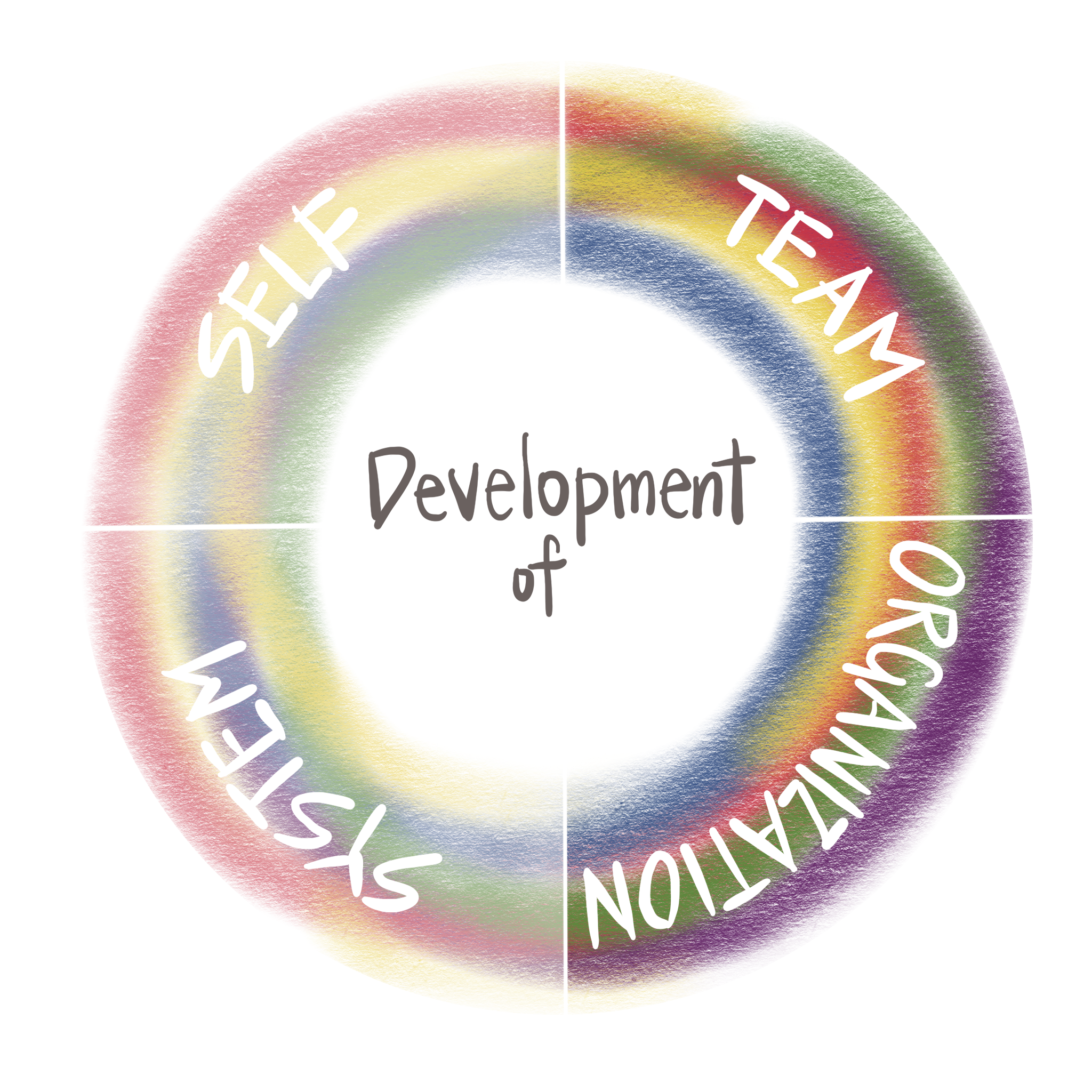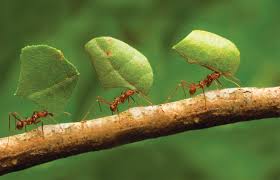
Developing Systems-Wise People

Core Challenge: How do we help people work more effectively through systems thinking?
One of the difficulties of today’s complex challenges is that the more time, effort, and resources you invest in solving them, the more entrenched they often become. As Peter Senge states in Law #2 of his 11 Laws of Systems Thinking, “The harder you push, the harder the system pushes back.”
Senge refers to this process, in which a well-intentioned intervention triggers a reaction that offsets its benefits, as “compensating feedback.” Others talk about a system’s “immune response,” which rejects innovation and seeks to maintain the status quo.
Either way, the result is that, to make headway in this context, teams need to learn how to work smarter, not harder. Key to this approach is for all members—including you as a leader—to have a solid grounding in systems principles and practices. When you understand how systems work, you improve your ability to identify high-leverage actions and trigger lasting change.
A systems approach isn’t necessarily intuitive or easy. For most people, it requires profound shifts in mindset and behavior. It means working through your own unconscious tendency to maintain the system as it is.
The most tried and true way to make these kinds of changes is by practicing a new set of habits—the habits of a systems thinker. As in learning any new habit, it can be a struggle to overcome the pull of your customary ways of doing things. This is where focusing on what you want to create rather than what problem you want to solve can unleash much-needed energy and new perspectives.
As you start to put your new habits into action, you and your team gain hands-on experience with systems tools. And through experiments and small wins, you’ll learn concrete strategies for making headway on persistent challenges.
What does being “systems-wise” entail?
In the industrialized world, we’ve long relied on a linear approach to solving problems. We think if we identify and take the “right” action, we can achieve a predictable outcome. And this is often true in the case of simple problems. If I work in a manufacturing plant and a miscalibrated machine is producing defective products, I can diagnose the problem and adjust the machine.
With complex, dynamic systems, such as a family, a city, or an ecosystem, we can’t easily predict and control outcomes. But we can begin to identify key relationships and interconnections and notice how a shift in one part of the system affects others.
As acclaimed environmental scientist and system dynamicist Donella Meadows said in her famous essay, “Dancing with Systems,” “We can’t impose our will upon a system. We can listen to what the system tells us, and discover how its properties and our values can work together to bring forth something much better than could ever be produced by our will alone. We can’t control systems or figure them out. But we can dance with them!”
Being systems-wise is learning how to “dance” with systems by discovering how they operate and where you can begin to influence them.
Three Sets of Capabilities
Three sets of capabilities, among many others, can be useful for becoming “systems-wise.” In this module, explore how you and your team can:
As we go through our daily lives, we rely on a series of habits, most of them subconscious, to drive many of our decisions and actions. With our deep-seated routines to guide us, we are able to get things done efficiently.
Learn More
Habits can be remarkably persistent. The very characteristics that make them useful also make them difficult to change. This is where adopting a creative rather than a reactive orientation can be particularly useful.
Learn More
Since the 1960s, most organizations have relied heavily on strategic planning. Leaders go through a formal process of collecting and analyzing data, formulating a strategy, defining goals and actions for implementing the strategy, and rolling the plan out throughout the organization.
Learn More
Videos

Additional Resources
- ST aphorisms (from The Fifth Discipline)—11 laws and 7 learning disabilities
- Tools of a Systems Thinker by Leyla Acaroglu
-
“When learning is purposeful, creativity blossoms. When creativity blossoms, thinking emanates. When thinking emanates, knowledge is fully lit. When knowledge is lit, economy flourishes.”
- A.P.J. Abdul Kalam
-
“The quality of results produced by any system depends on the quality of awareness from which people in the system operate.”
- Otto Scharmer and Katrin Kaufer
-
“Some rules are old habits that people are afraid to change.”
- Therese Fowler
-
“We either live with intention or exist by default.”
- Kristin Armstrong
-
“Reality is made up of circles but we see straight lines.”
- Peter M. Senge
-
“And the point is to live everything. Live the questions now. Perhaps then, someday far into the future, you will gradually, without even noticing it, live your way into the answer.”
- Rainer Maria Rilke
-
“We often preoccupy ourselves with the symptoms, whereas if we went to the root cause of the problems, we would be able to overcome the problems once and for all.”
- Wangari Maathai
-
“I hear and I forget. I see and I remember. I do and I understand.”
- Confucius
-
“I am always doing that which I cannot do, in order that I may learn how to do it.”
- Pablo Picasso